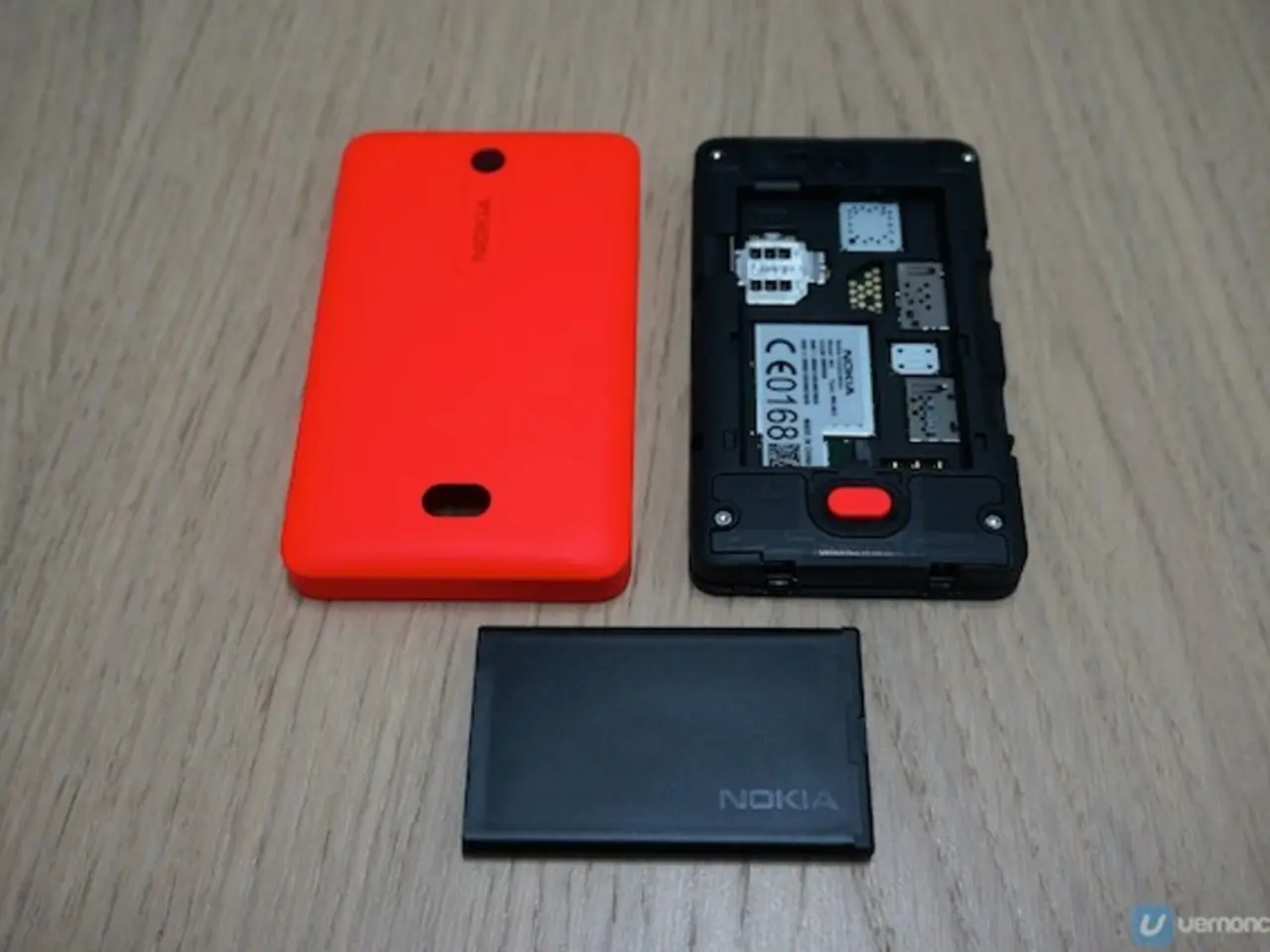The Significance of Solid-State Batteries
In the ongoing quest for sustainable and efficient energy solutions, solid-state batteries (SSBs) are emerging as a game-changer. These innovative power sources, designed to replace traditional lithium-ion batteries, offer significant advantages in energy density, charging speed, and durability.
One of the most promising aspects of SSBs is their energy density. By incorporating a solid electrolyte, SSBs can safely house an ultra-energy-dense lithium metal anode, effectively doubling the energy per weight and volume. This means longer ranges for electric vehicles and extended operating times for devices like e-bikes[1][2][3].
Charging times are another area where SSBs excel. The stability of their solid electrolyte allows for much higher charging currents, leading to dramatically faster charging—as little as 10-15 minutes for 60-80% charge, compared to multiple hours for current lithium-ion batteries[1][2][4].
Durability is another key strength of SSBs. While conventional lithium-ion batteries typically last between 500 and 1,500 charge cycles, SSBs have demonstrated potential for 8,000 to 10,000 cycles in some tests, representing a 5x increase in life[1][2][3][4]. This longer lifespan means less frequent replacement, reducing costs and environmental impact over time.
Additional benefits of SSBs include improved safety due to the non-flammable nature of the solid electrolyte, and wider temperature stability, allowing them to operate reliably in extreme temperatures[2].
In essence, SSBs promise higher energy density, faster charging, and much longer durability, along with better safety and thermal stability. These advantages position them as a major leap forward beyond traditional lithium-ion technology[1][2][3][4].
From smartphones to electric vehicles, SSBs aim to extend the life of devices, offering longer ranges, faster charging times, and reduced environmental impact. As they continue to develop, SSBs are at the forefront of sustainable tech innovations, paving the way for greener energy solutions.
References: [1] https://www.technologyreview.com/2021/02/15/1020423/solid-state-batteries-could-revolutionize-renewable-energy-storage/ [2] https://www.forbes.com/sites/forbesenergy/2021/02/08/solid-state-batteries-could-revolutionize-renewable-energy-storage/?sh=343118a75038 [3] https://www.sciencedirect.com/science/article/pii/S246800462030089X [4] https://www.technologyreview.com/2021/03/03/1021315/solid-state-batteries-could-revolutionize-electric-vehicles/
- The emerging solid-state batteries (SSBs) are revolutionizing the renewable energy industry, offering environmental-science breakthroughs in energy density, charging speed, and durability.
- Data-and-cloud-computing analysis reveals that the ultra-energy-dense nature of SSBs promises longer ranges for electric vehicles and extended operating times for lifestyle devices like e-bikes.
- With faster charging speeds, SSBs in cars and other industries could significantly reduce our dependency on traditional energy sources, thereby lessening the financial burden and environmental impact.
- Technology advancements in SSBs, such as the non-flammable solid electrolytes and wider temperature stability, contribute to improved safety and sustainability in our lifestyle choices.
- As the finance industry increasingly invests in the environmental-science sector, the development of SSBs signifies a critical step in the adoption of renewable-energy solutions and the reduction of climate-change impacts.
- In the transition to electric vehicles and greener lifestyles, solid-state batteries embody the future of sustainable tech innovations, redefining the potential of energy storage for generations to come.




